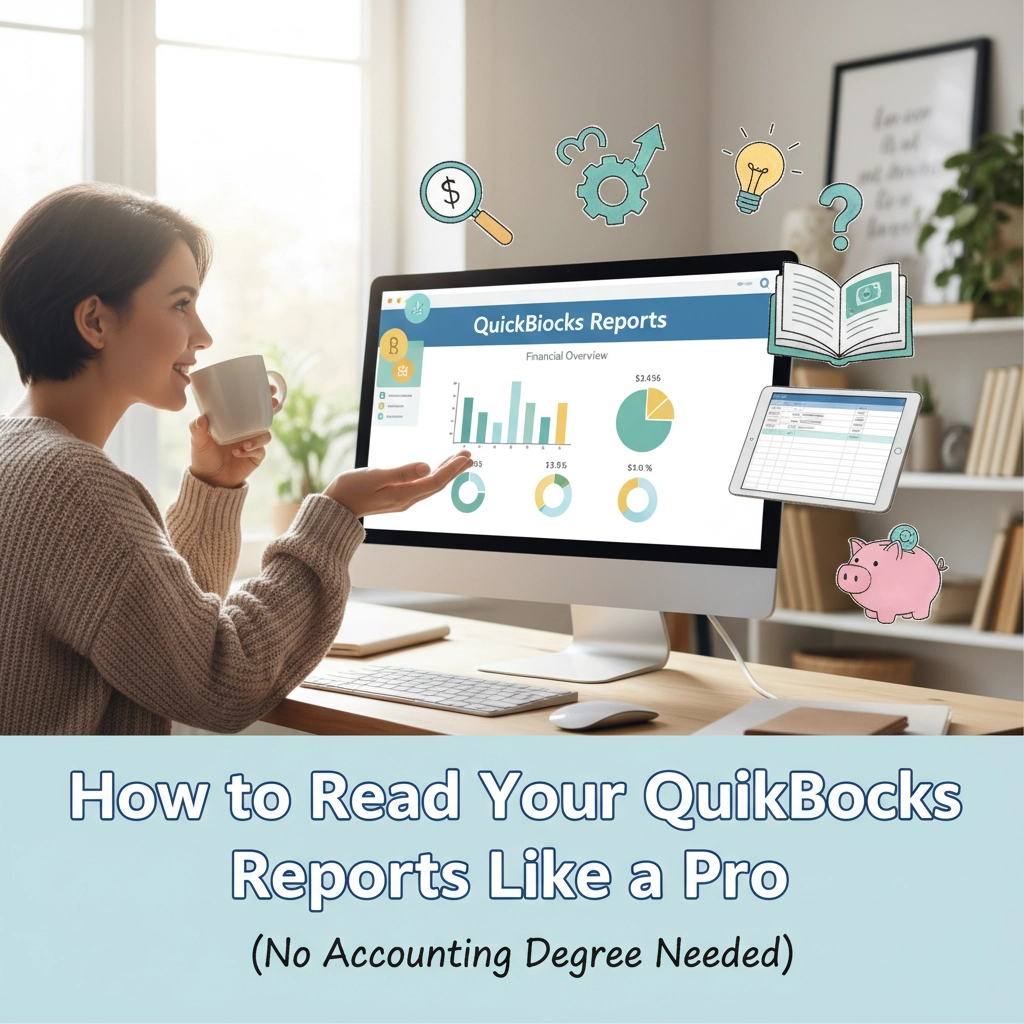top of page
NEWS & UPDATES
Search


Understanding 1099 Rules and Backup Withholding: What Small Businesses Need to Know
Tax season brings plenty of headaches for small business owners, but one area that often catches people off guard is dealing with 1099 forms and backup withholding. If you've ever hired a freelancer, paid a contractor, or worked with independent consultants, you need to understand these rules. Trust me, getting this wrong can cost you big time in penalties and interest. Let's break down everything you need to know about 1099s and backup withholding in plain English, so you ca
Susan Hagen
Nov 19, 20255 min read


How to Read Your QuickBooks Reports Like a Pro (No Accounting Degree Needed)
Staring at your QuickBooks reports shouldn't feel like trying to decode ancient hieroglyphics. Those numbers are telling the story of your business: you just need to know how to read between the lines. The good news? You don't need a fancy accounting degree to understand what your reports are saying. You just need someone to translate the financial jargon into plain English. Let's break down everything you need to know about reading QuickBooks reports like a seasoned pro, wit
Susan Hagen
Nov 17, 20255 min read


Tax Deductions Small Businesses Miss Every Year, and How to Catch Them
Every year, small business owners leave thousands of dollars on the table, not because they want to pay extra taxes, but because they simply don't know about all the deductions they're entitled to claim. It's like having money sitting in your business account that you forgot about, except this money is going straight to Uncle Sam instead of back into your business. As someone who's helped countless small business owners over the years, I've seen this pattern repeat itself: ha
Susan Hagen
Nov 14, 20255 min read
bottom of page
.png)